Leadership-in-Action project - reducing teenage pregnancies in Livingstone, Zambia
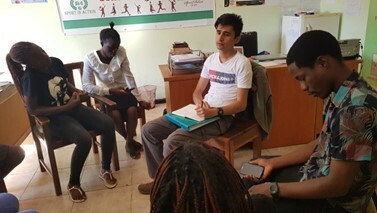
My Leadership in Action project aimed to identify ways in which interventions and measures to prevent teen pregnancies and child marriage can be enhanced to achieve a greater impact. It was conducted under the supervision of two local NGOs – Sport in Action Zambia and Vilole Images Productions – both of which administer programmes to protect and advance women’s and children’s rights. Likewise, the recommendations and proposals set out as a result of this project have been made with a focus on what SiA and VIP can deliver and achieve within their existing and future plans of work.
In particular, this project focused on SiA’s ‘Girls in Action’ programme, which educates girls and young women at school on essential topics including healthcare and human rights, and VIP’s ‘Shungu Namutitima’ Human Rights Film Festival, which relaunched in 2023 to provide a space for the cultural and artistic promotion of human rights, including those of women and girls, with a particular focus on people with disabilities. The proposals made as a result of my project were to widen awareness and responsibility for preventing early pregnancy and child marriage beyond girls and young women, on whom interventions are currently mostly focused. Instead, I advised SiA and VIP, working alongside their key partners and agencies, to adjust and revise their work in the area to target boys and young men, parents and local community leaders (including church leaders and ward chairmen) for sensitisation to the harm caused by teen pregnancy, and the responsibility that they each share for reducing occurrence alongside the young women themselves.
My entire project report is linked here – you should read it bearing in mind that its primary audience is comprised of local NGO and educational leaders, and young people in Livingstone. It was well received by both of my supervisors at SiA and VIP, and both organisations reassuringly indicated that my suggestions were very achievable, in many cases from very slightly tweaking existing successful programmes. Or to be more specific, these were the ideas and suggestions of their volunteers, which I compiled and sought to enhance with my arguments and evidence to improve the likelihood of their implementation. The big leadership takeaway from my project was the value of active listening – my main motivation for but also discomfort with the project was my own prior lack of cultural and sociological knowledge, so when I first arrived, I felt significant pressure to try to devise solutions to problems I did not feel I knew much about. But over the time I was there, I learned that the best contribution I could offer was not my brain but rather my ears – and in particular, to fellow young people from the local community who were volunteers for the NGOs, and who unlike me had lots of knowledge and strong opinions and ideas on what should be done. Having convened a group of them together, these were far from identical or homogenous, and I found myself privy to fairly robust debate! But this was what fundamentally allowed me to produce my final report, and to find my role as a leader in a completely different community and culture to my own. My experience of the project was not about finding my own voice as a leader (when those who know me well might say that I am already sufficiently outspoken!) but about using my skills to try and empower other young leaders to find theirs. I’m proud to have played my part in a project that ultimately came down to figuring out how to facilitate young people in Livingstone best to empower their peers.
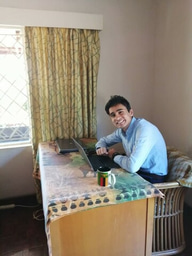
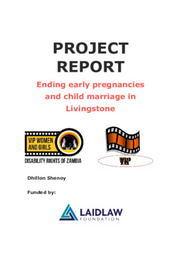
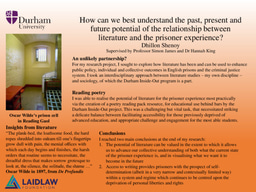
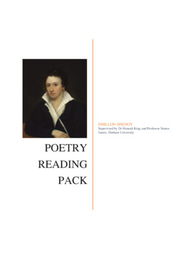
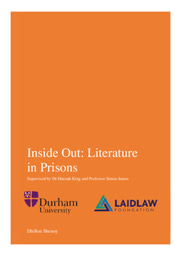
Please sign in
If you are a registered user on Laidlaw Scholars Network, please sign in